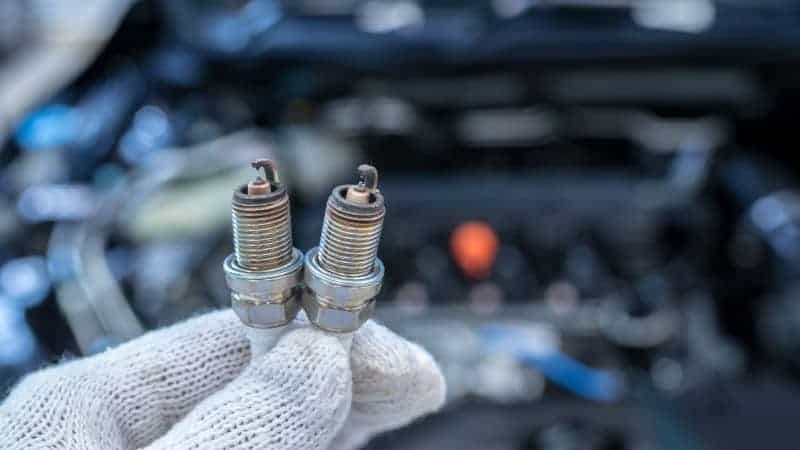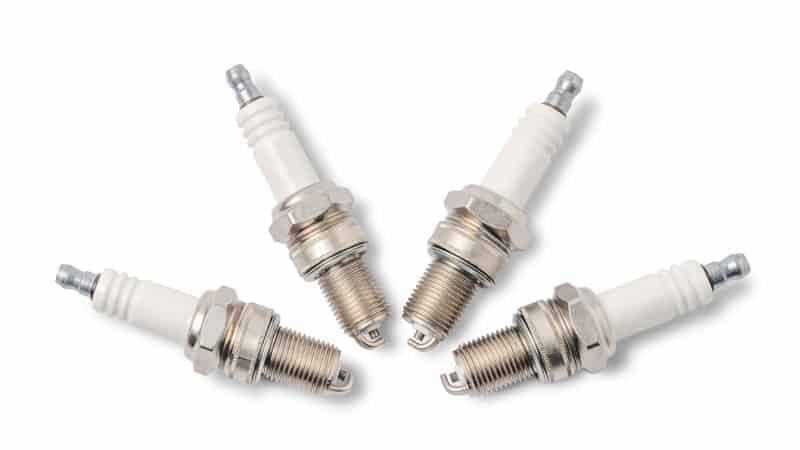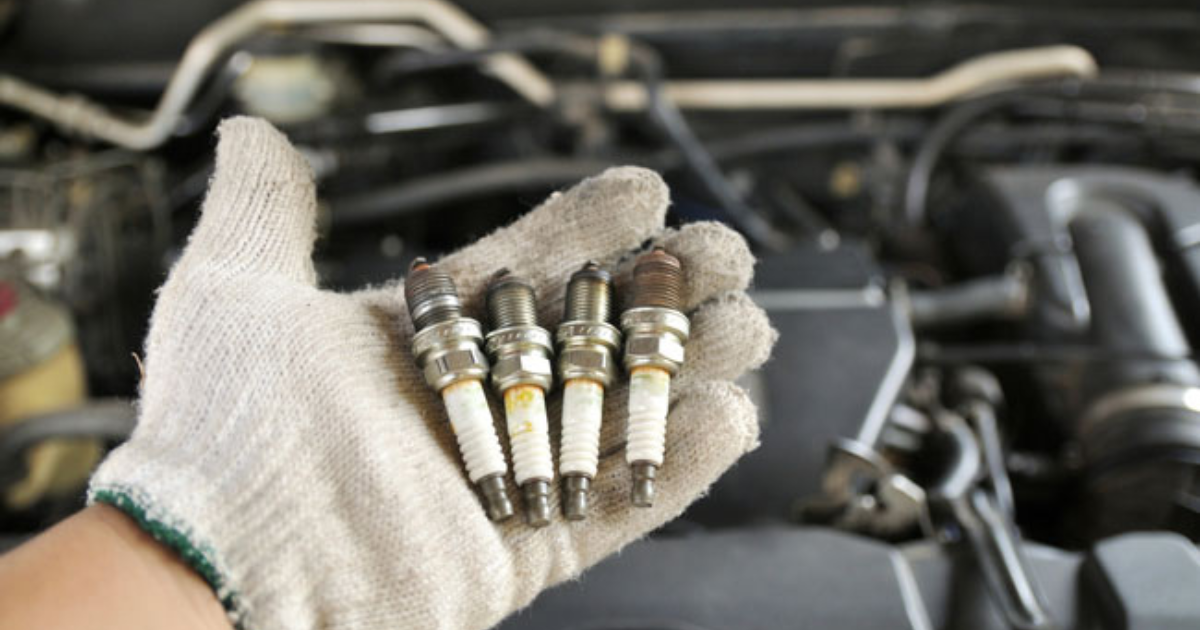Many people may not know the answer to the question “Do diesel engines have spark plugs?” even if it might sound like a joke about diesel spark plugs. The “why” is also a mystery to them. We can get to the heart of the matter by examining the spark plug’s role.
In engines that use spark ignition, a spark plug is a key component that transfers electrical current from the ignition system to the combustion chamber. It starts the combustion process, which moves the car, by electric sparking the compressed fuel/air mixture.
Why Does a Diesel Engine Have No Spark Plugs?

First, let’s compare and contrast the two engines’ operation to see why diesel engines don’t use spark plugs. Being internal combustion engines, diesel engines are very similar to petrol engines. Both engines run on many fuels, though, as their names imply. But hold on a second.
Diesel engines differ from their petrol counterparts in that they use a compression-ignited injection system. The combustion systems vary according to the fuel type. Diesel fuel must be atomized before it can be ignited, in contrast to petrol, which can ignite in any form.
The compression-ignited system uses a high-temperature infusion of diesel fuel into the engine’s combustion chamber. The piston of the engine compresses gas, which causes it to heat up. It is not necessary to use a spark plug to ignite the engine because the combustion systems are different. So, in place of spark plugs, what does a diesel engine use?
Instead, a glow plug is used by diesel engines. The engine’s cylinders contain glow plugs, which are electrical heating devices. The term “lightning rod” comes from the fact that it contains a heating element located at the very tip. Injecting diesel onto the hot tip causes it to combine with the compressed air, which then evaporates to initiate combustion. The glow plug serves this purpose instead of the spark plug.
Less Volatility

When diesel fuel and air are introduced in different ways, the resulting engine has a high compression ratio. The increased likelihood of auto-ignition makes petrol unable to achieve the same compression ratio. Diesel may be sprayed onto heated air and ignited since it is less volatile and has a low self-ignition temperature.
The air is heated when it is drawn in by the piston during the pressure stroke, which compresses the air. Spraying diesel as droplets over heated air is made possible by the diesel’s high compression ratio. Diesel no longer requires a high temperature to auto-ignite due to its low volatility.
Auto-Ignition Temperature
When discussing fuel, the precise temperature at which combustion begins is known as the auto-ignition temperature. Diesel, in contrast to petrol, has a low auto-ignition temperature and so ignites readily. To ignite the atomized diesel, the air is squeezed in the cylinder to a temperature high enough.
The petrol engine, on the other hand, is prone to engine knocks and the potential explosion of the air-fuel mixture. The rationale behind this is because engine knocks might occur due to petrol pre-igniting readily, as it differs in operation from diesel at high temperature ratios.
The spark plug is unnecessary when burning diesel because the fuel is less combustible and has a low auto-ignition temperature. It follows that most diesel engines lack spark plugs; therefore, do they have carburetors? No, that’s not correct.
The common misconception is that diesel engines do not use spark plugs; however, this is not always the case. Diesel tractors used in agriculture can run on multiple fuels. Allis-Chalmers’ heavy-duty engine is a prime illustration of this. Liquefied propane gas, gasoline or diesel fuel can power this heavy-duty engine.
Farmall Super M-D diesel tractors are another type of diesel engine that uses spark. A diesel tractor with a four-cylinder engine and four spark plugs is the Farmall F-20 or Super M-D. There are two levers on the engine that allow the operator to switch from petrol to diesel.
How Many Spark Plugs Does A Diesel Have?
The diesel engine heats the air-fuel mixture by injecting atomized fuel into the cylinder, which is then ignited by the compression of the engine. In most diesel engines, spark plugs are not used because they are not necessary for the process. Diesel engines use what number of spark plugs? No, that’s not correct.
Conclusion
Do diesel engines need spark plugs? If you’ve read this far in the article, you already know the answer. In case you forgot to read the whole post, the answer is that it depends on the type of fuel that your diesel engine utilises. The main reason for this is that spark plugs are not necessary in diesel systems due to their combustion systems. Diesel engines, on the other hand, make use of a glow plug—a structurally and functionally distinct plug—instead of a spark plug.




